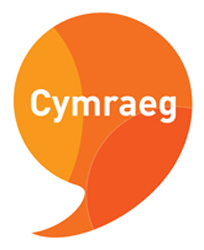In loving memory…
July 15, 2011 Leave a comment
 More and more of us are donating our money in remembrance of a loved one. Known as Memoriam Fundraising this is becoming a major fundraising source for charities and many expect it to outperform legacies within the next few years.
More and more of us are donating our money in remembrance of a loved one. Known as Memoriam Fundraising this is becoming a major fundraising source for charities and many expect it to outperform legacies within the next few years.
Many people want to mark the death of someone they cared for with a tribute of some description, for many Charities this can become an ongoing source of income and even a possible legacy.
It is predicted that Charities will lose between 7-10% of their income over the next four years so more and more of our Charity clients are using tribute or memoriam funds as a source of fundraising.
These Tribute or Memoriam funds serve a number of functions, not least as a focus point for the bereaved. Research shows that they give donors a connection to the person they have lost, providing a living memory and a purpose in raising funds to remember them. Many donors go on to raise regularly for the fund that they feel they have ownership and responsibility for – a living tribute of sorts. This type of fund can often also ultimately result in a legacy.
Many charities have introduced different versions of a tribute fund scheme and others have tried different versions with memorial pages. The growth in social media sites such as Facebook and JustGiving has also empowered individuals to set up their own tribute and memorial sites. An added advantage is that they have also simplified the administration of gift aid for individuals and charities.
In 2010 there were 8000 memoriam pages on the JustGiving website generating gifts of almost £8million. Kevin Kibble, chief executive of children’s charity the Caspari Foundation recently predicted that this would increase to about 30,000 pages by 2021 and generate about £27 m per year through JustGiving alone.
Memoriam fundraising will be one of the topics at our forthcoming Fundraising Seminar by renowned fundraising expert David Poppitt on 22 September 2011, full details and how to reserve your free place can be found here.
You can also get more advice by following @bevanbuckland on twitter or register for our email newsletter



